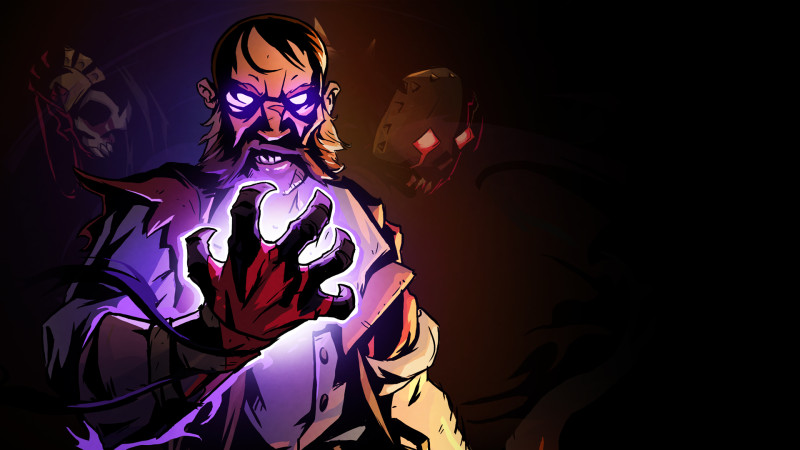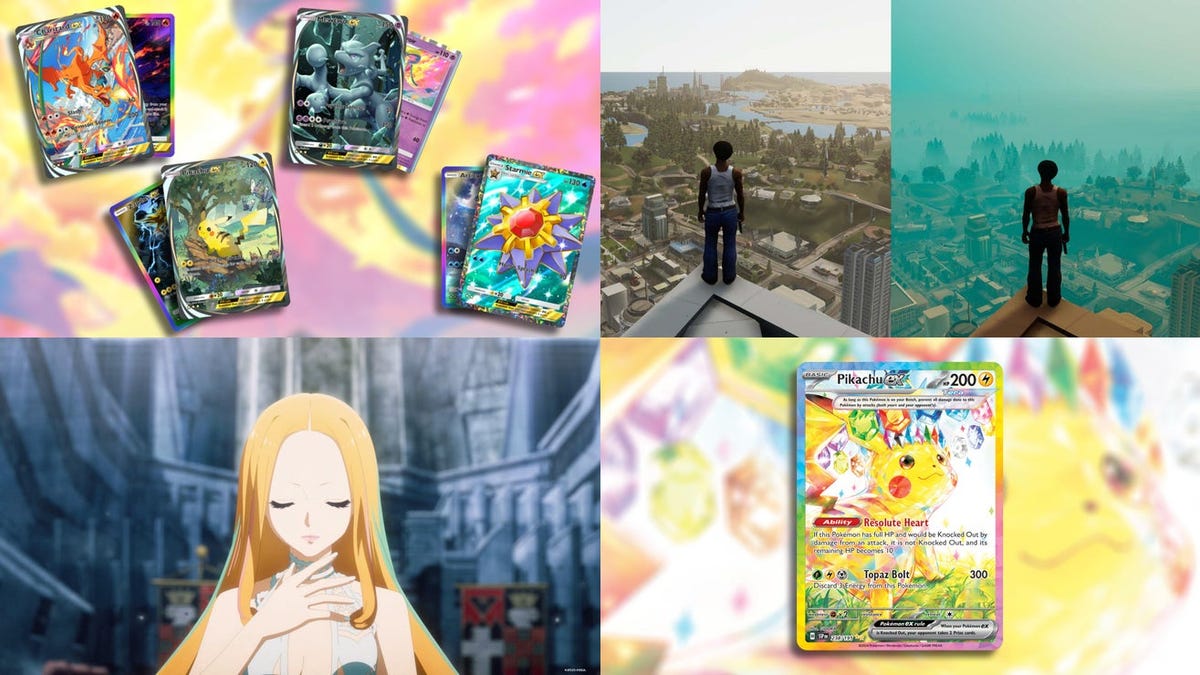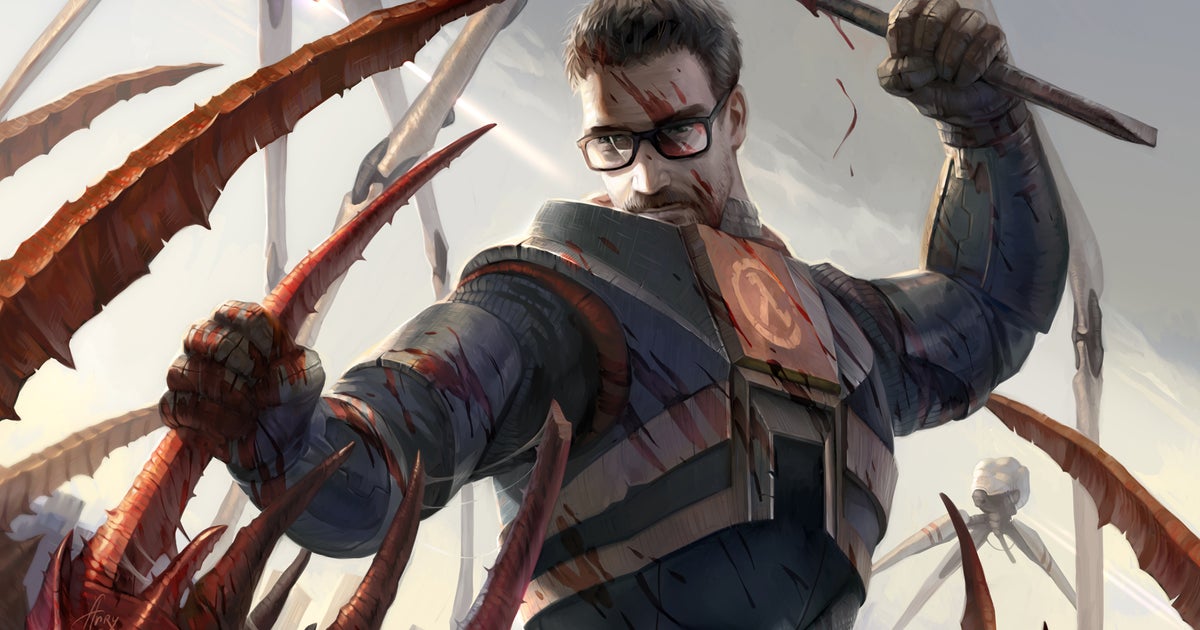In search of immortality and unparalleled power, who wouldn’t want to seek riches beyond their wildest imaginations? That’s exactly what Curse of the Dead Gods gives you in traditional action / RPG style with a little villainous flair – as long as you don’t mind having annoying curses along the way.
You are Caradog McCallister, a character struck by a living nightmare plagued by curses, death, and an endless series of traps intended to be tortured and maimed. Be prepared to die hard, though persistent progression will take the sting of your death. As you struggle for survival, you’ll find a wide variety of weapons and pieces of equipment to unlock and level up, including primary and secondary weapons, as well as ranged and two-handed weapons. You can also combine different types of weapons, which makes it a little easier to wade into a dark dungeon full of horror.
The true power of the weapons is expressed in the hammers and pistols, but the shields and bows are barely a second as you prepare for the next wave of combat. The pistols offer solid range with an impressive amount of damage that you can further improve with upgrades. The hammer is my favorite option; it just feels like an animal, although a bit slower on that final blow, the impact on the enemies far outweighs the lack of speed.

To unlock each weapon, go through certain paths that indicate the reward that is waiting for you at the end. So, to a certain extent, you can plan your own progress. Plus, with each run you will accumulate green rings and blue skulls that you can use to unlock new weapons and add new buffs. Upgrading preferred weapons is also fairly easy, both approaching paths with upgrade options available, as well as paying tribute to the gods through blood, purity, or gold. This mechanical structure was something I loved because it was easier to strategize on how to approach upgrades and what I was willing to give up for better stats.
It’s easy to customize the fighting experience to your liking. For me, I love combining my attacks and bringing a weapon with range (like a bow or a pistol) or a heavy hitter like the hammer above or below a spear. Chain attacks offer a stronger way to approach danger, but it’s important that you play to your strengths. If you prefer a more strategic approach, ranged attacks and shields are your best choices. Coupled with the right buffs, navigating dangerous curses can be a little easier for those who play their cards right.

Each run, you will encounter different curses that will affect your skills in different ways. A meter next to your health bar shows how much corruption you are gaining. If that bar reaches 100, congratulations! You are cursed now. Every time you walk into a room, your corruption indicator will go up. It’s an inevitable part of your adventure, but that doesn’t mean you can’t get around it.
The curse system makes any playthrough exciting because it changes the variables. Curses can change how you take damage, how your own damage is received. It changes the nature of the temple itself and affects your status. It’s a central part of the game mechanics and makes navigating curses and corruption an interesting aspect of the journey.
If not removed, curses will stay active throughout the run, but the good side is, you can remove them. At the end of each area card there is a boss. Take down the boss and the curse will be removed. Of course, these are gods we’re talking about, so there’s always a catch: you can only remove one Curse, so strategy plays a key role again.

You can’t control what kind of curse you get (they’re random) which adds some spice to the repetition of your runs. The only exception is the final curse, which is activated whenever your corruption report reaches the final level. Since I’m more likely to make ham when entering high risk areas, I really had to brace myself because that curse makes survival as difficult as possible. Death is inevitable, but this heightened danger serves as another way to break the monotony.
One downside is the lack of a voice that goes beyond the general grunt and provides a unique contrast when immersing yourself in this world. The silence makes it easy at first to sense the desolation of this character; I felt his loneliness and his despair. However, the longer I played, the more the silence felt incoherent than nuanced. Even a few lines of language would have helped build this character and this world immensely.
Overall, Curse of the Dead Gods is a solid roguelite, despite not attempting anything revolutionary or ambitious. His familiar approach to the genre-specific structure makes it easy to dive right in without fear of losing the challenge. The various strategic approaches available with the upgrade system also ensure that progress is worthwhile. The art, the variety of curses, and the general formula that the curse of the dead gods follows make it a story worth exploring, even if the moral of the story is that greed is synonymous with painful and excruciating Is death.








